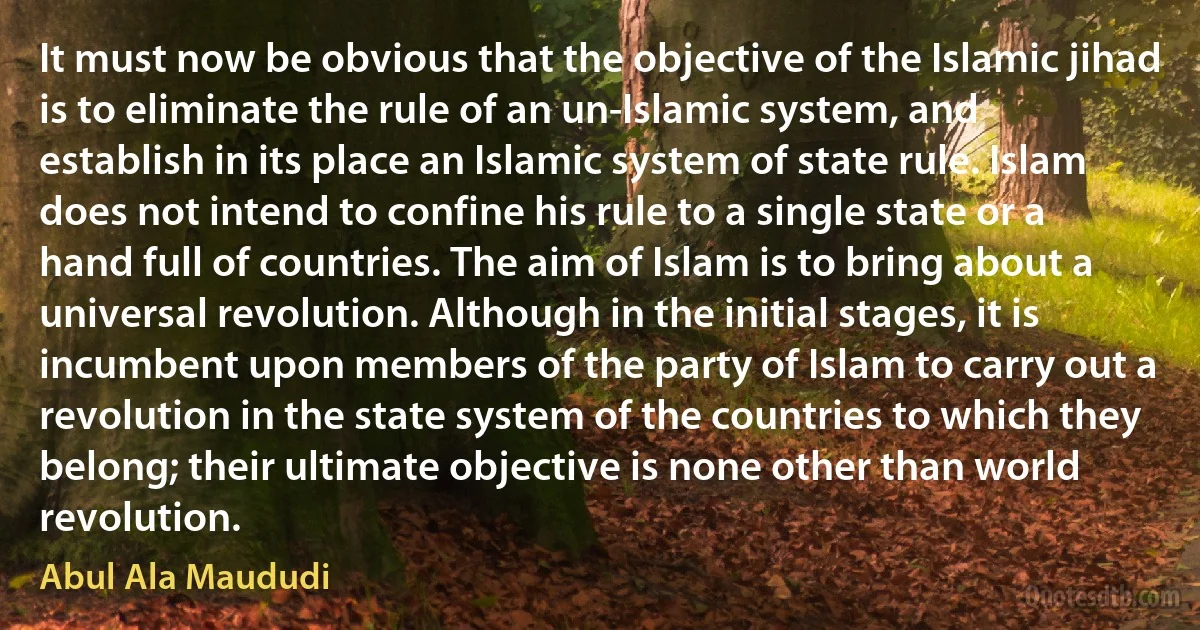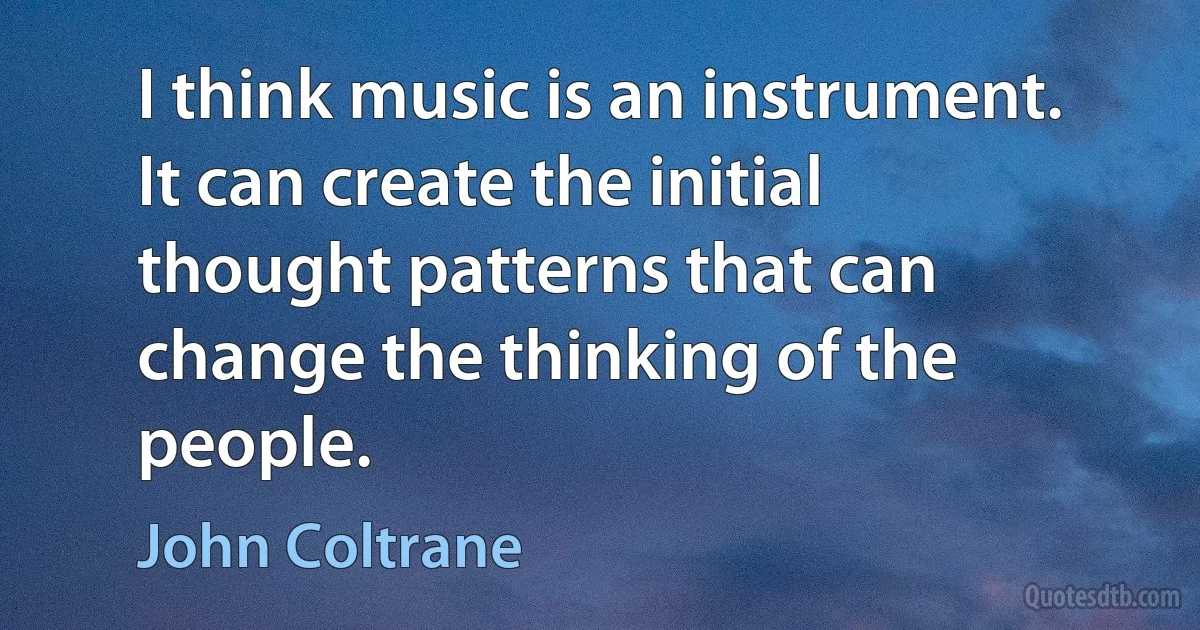Initial Quotes - page 5
NATO plays a significant role in ensuring international security and stability. This fact is proved by the presence of peacekeeping missions in Kosovo and Afghanistan. Cooperation with the Alliance is a priority for Armenia. The IPAP initial 2-year stage is completed. The outcomes will be discussed at the 26+1 NATO session in April. Strategic reconsideration of the security system will start this year.

Mikael Harutyunyan
I don't withdraw a word of my initial statement. But I do now think it may have been incomplete. There is perhaps a fifth category, which may belong under "insane" but which can be more sympathetically characterized by a word like tormented, bullied, or brainwashed. Sincere people who are not ignorant, not stupid, and not wicked can be cruelly torn, almost in two, between the massive evidence of science on the one hand, and their understanding of what their holy book tells them on the other. I think this is one of the truly bad things religion can do to a human mind. There is wickedness here, but it is the wickedness of the institution and what it does to a believing victim, not wickedness on the part of the victim himself.

Richard Dawkins
I have mentioned that any action has an electromagnetic reality. In telepathic and clairvoyant experiences, the electromagnetic pattern is transmitted. It must then be transformed into a pattern that can be distinguished by the ego, if the individual is to be consciously aware of the data. Often the information that is picked up translated by the subconscious and acted upon without conscious approval or recognition. In almost all cases, however, there must be an emotional attraction, for this is what allows for the initial transmission, and makes it possible.

Robert Butts
Both Shah Rukh and Aamir have taught me a lot. I used to be their fan. I had seen all their movies. Once I had even taken Aamir's autograph! Then all of a sudden, I was facing the camera with him! The way these two looked after me and saw me through my initial scenes is something I can never forget.

Rani Mukerji
The predictions of physical theories for the most part concern situations where initial conditions can be precisely specified. If such initial conditions are not found in nature, they can be arranged. Such arrangements are considerably easier to realize with inanimate than with animate matter, because the properties of animate matter are much more sensitive to being tampered with than inanimate matter. In particular, living tissue in vitro may behave quite differently than in situ. Controlled biological experiments are, of course, possible, but they are more difficult and their scope is more limited than that of physical experiments. For this reason, biology has had to depend to a greater extent than physics on theories of larger speculative scope, in which reasoning by imaginative analogy plays a more important role.

Anatol Rapoport
In the Platonic dialectic, ... the terms "Being” "Non-being” "Movement,” "the One and the Many” "Identity” and "Contradiction” are methodically kept open, ambiguous, not fully defined. They have an open horizon, an entire universe of meaning which is gradually structured in the process of communication itself, but which is never closed. The propositions are submitted, developed, and tested in a dialogue, in which the partner is led to question the normally unquestioned universe of experience and speech, and to enter a new dimension of discourse - otherwise he is free and the discourse is addressed to his freedom. He is supposed to go beyond that which is given to him - as the speaker, in his proposition, goes beyond the initial setting of the terms. These terms have many meanings because the conditions to which they refer have many sides, implications, and effects which cannot be insulated and stabilized.

Herbert Marcuse
The model retains the uncomfortable property that any increase in demand for home output ... leads to nominal and real appreciation... The uncomfortable fact remains that even in this model there is a short-run tendency for an expenditure increase to induce an appreciation... Expansionary fiscal policy will lead to an initial depreciation of the nominal and real exchange rate if ... (it) is accommodated by an expansion in nominal money.

Rudiger Dornbusch
I have invented [c. 1915-1916] a new series of verses, verses without words, or sound poems, in which the balancing of the vowels is gauged and distributed according to the value of the initial line... With these sound poems we should renounce language, devastated and made impossible by journalism. We should withdraw into the innermost alchemy of the word, and even surrender the word, thus conserving for poetry its most sacred domain. We should refuse to make poems second-hand; we should stop taking over words (not to mention sentences) which we did not invent entirely anew for our own use. We should no longer be content to achieve poetic effects which, in the final analysis, are but echoes of inspiration..

Hugo Ball
The puella mother who has never taken up residence in her own body, and therefore fears her own chthonic nature, is not going to experience pregnancy as a quiet meditation with her unborn child, nor birth as a joyful bonding experience. Although she may go through the motions of natural childbirth, the psyche/soma split in her is so deep that physical bonding between her and her baby daughter does not take place. Her child lives with a profound sense of despair, a despair which becomes conscious if in later years she does active imagination with her body and releases waves of grief and terror that resonate with the initial, primal rejection. [...] The body that appears in dreams wrapped in fire, encircled by a black snake or encumbered by a fish tail from the waist down, may be holding a death-wish too deep for tears.

Marion Woodman
In the universe where everything works the way it common-sensically ought to, everything about the study of Artificial General Intelligence is driven by the one overwhelming fact of the indescribably huge effects: initial conditions and unfolding patterns whose consequences will resound for as long as causal chains continue out of Earth, until all the stars and galaxies in the night sky have burned down to cold iron, and maybe long afterward, or forever into infinity if the true laws of physics should happen to permit that. To deliberately thrust your mortal brain onto that stage, as it plays out on ancient Earth the first root of life, is an act so far beyond "audacity" as to set the word on fire, an act which can only be excused by the terrifying knowledge that the empty skies offer no higher authority.

Eliezer Yudkowsky
I initially became a vegetarian for this reason: I have a great hatred for the treatment of animals in what we call factory farms. That, I felt, was one of the most horrible and bestial things, and I was constantly protesting about it. Then, when I protested, somebody would say to me, "Do you eat meat?" And if I said, "yes," then they would say, "Well, how do you know that that isn't made in this way?" And I realized that if I were to remain a meat-eater that I couldn't go on protesting. So that was the actual impulse. But since then I've come to feel that it does purify one, and I would find it very abhorrent to go back to eating meat. I've found that it has got a spiritual significance, but my initial motive was that-to be able to give a valid answer to that.

Malcolm Muggeridge
Okay, I'm going to go –- now, the one thing I'm going to do is I'm going to go boy, girl, boy, girl to make sure that it's fair, because one thing I didn't say in my initial speech is societies that are most successful also treat their women and girls with respect. Otherwise, they won't be successful.

Barack Obama
At the end of a life spent in the pursuit of knowledge Faust has to confess: "I now see that we can nothing know." That is the answer to a sum, it is the outcome of a long experience. But as Kierkegaard observed, it is quite a different thing when a freshman comes up to the university and uses the same sentiment to justify his indolence. As the answer to a sum it is perfectly true, but as the initial data it is a piece of self-deception.

Dietrich Bonhoeffer
The Allied airborne operation in Sicily was decisive despite widely scattered drops which must be expected in a night landing. It is my opinion that if it had not been for the Allied airborne forces (82nd) blocking the Hermann Goering Armd. Div. from reaching the beachhead, that division would have driven the initial seaborne forces back into the sea. I attribute the entire success of the Allied Sicilian Operation to the delaying of German reserves (by the 82nd ABN Div.) until sufficient forces had been landed by sea to resist the counterattacks by our defending forces, the strength of which had been held in mobile reserve.

Kurt Student

![The propaganda [the Communist Party of Yugoslavia] used and the authority the party had won during the national liberation war and during the initial steps of the construction of Yugoslavia after the war gave the Yugoslavian working class the impression that this party was in the vanguard. In reality it was not the vanguard of the working class but of a new bourgeois class that had begun to settle in. This class relied strongly on the prestige of the national liberation war of the peoples of Yugoslavia for its own counter-revolutionary aims, while it obscured the perspectives of the construction of the new society. Such a degenerate party like this was bound to lead Titoite Yugoslavia on anti-Marxist paths. (Enver Hoxha)](https://cdn.quotesdtb.com/img/quotes_images_webp/33/enver-hoxha-authority-begin-289133.webp)

